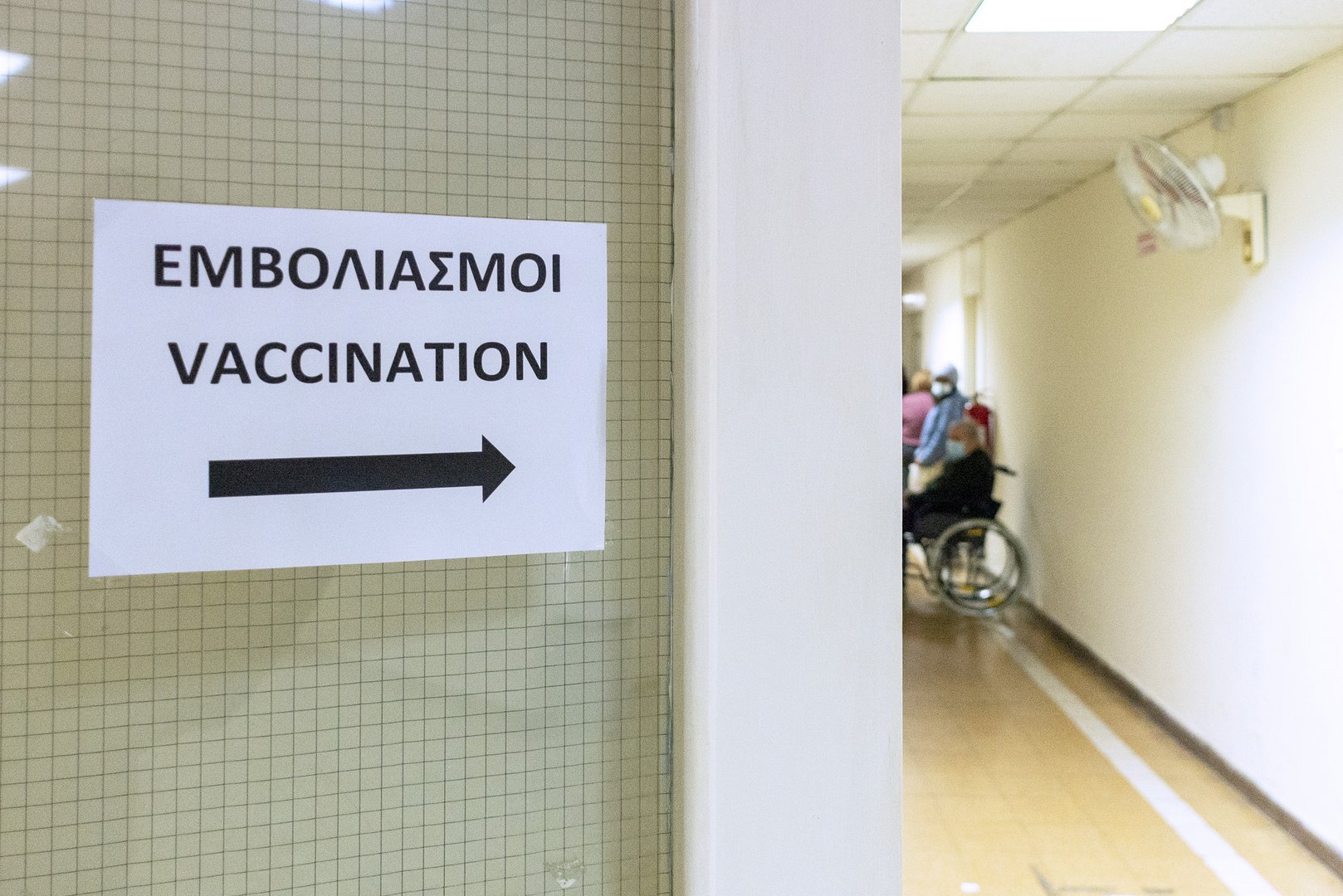Booster vaccines to combat emerging Covid variants, and annual jabs for coronavirus can’t be ruled out, according to a government scientific adviser.
Dr Christos Petrou, Associate Professor at the pharmacological department at the University of Nicosia, in an interview with the Cyprus News Agency published on Sunday said full relaxation from the current restrictions would be delayed and only gradually reduced.
“Vaccination must be accompanied by non-pharmacological interventions,” he said.
Petrou said that as long as the virus continues to circulate in the community, there would be more variants, and some of them, for now, would “escape” the current vaccines.
Tackling the pandemic required speed, which was an important part of the vaccination programme and Petrou said he wished “we had more available quantities and different licensed vaccines”.
At the moment, the only vaccines available in Cyprus are those approved by the EU – Pfizer, Moderna and AstraZeneca.
He said that the current vaccines were “first generation” and would be followed eventually by ones with more improved formulations.
Petrou considers it a given that at some point in the future, the coronavirus vaccination will become seasonal, like the flu jab is currently. At present, experts do not know how long the immunity produced by the vaccine lasts.
“If in the future a strain prevails, which escapes the vaccines and makes them ineffective, we should be prepared for the possibility of a booster dose with a new vaccine,” he said.
He clarified that it is still possible for someone to become infected and show symptoms after vaccination, but emphasised that the vaccine would protect them from a serious illness, hospitalisation or death.
“In order for a vaccine to be approved, the risk-benefit ratio must always be in favour of the benefit, that is, if we put them on a scale, the benefits must displace the potential risks,” he said.
The primary focus of the studies, he added, was on the development of symptoms after the second dose.
All, three vaccines, according to Petrou almost eliminated the risk of hospitalisation or death.
“Like all medicines and vaccines, they can cause side effects, although not everybody gets them,” he said.
Dealing with the pandemic requires speed and the vaccination plan must be flexible to get the most out of it, Petrou said.
“Speed is an important part of success. The vaccination of the population of our country is running smoothly and according to the plan and schedule that we had set from the beginning, given the availability of vaccines,” he added.
“I wish we had more available quantities and different licensed vaccines. Cyprus has so far largely achieved its goal of vaccinating its elderly citizens and health professionals.”
About 57,000 people aged 74 and over have been vaccinated so far and pending the arrival of more quantities, it should speed up in the coming months.
Asked if people with allergies can be vaccinated, Petrou said those who already know they are allergic to one of the vaccine ingredients listed in section 6 of each vaccine leaflet should not get the vaccine.
Allergic reactions (hypersensitivity) have been observed in vaccinated individuals, he said. A very small number of cases of rash (severe allergic reaction) have been observed since the start of the use of vaccines
“People who have a severe allergic reaction to the first dose should not take the second dose,” he added.
He also weighed on the controversy over giving the AstraZeneca to the over 65s saying the UK, the European Medicines Agency and the WHO have taken decisions that it can be given to the elderly.
“Basically, the reluctance to use the AstraZeneca vaccine in those over 55 is based on concerns about its effectiveness, as there is insufficient evidence to show the extent of efficacy in this age group,” he said.
“However, the absence of evidence is by no means proof of the lack of effectiveness”.
“It is wrong to enter into this dilemma. There are questions about all the vaccines in this respect as they have conditional licences. We are waiting to learn a lot from everything. Is the AstraZeneca vaccine good? The answer is yes. Could it have been better? Of course. Is there a perfect vaccine? The answer is no”.







Click here to change your cookie preferences